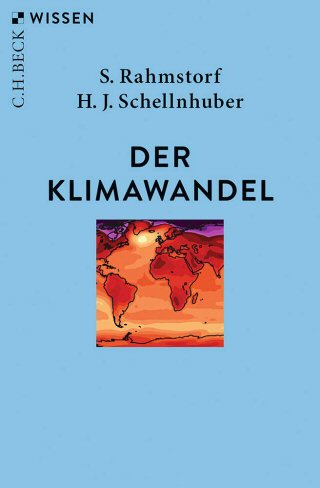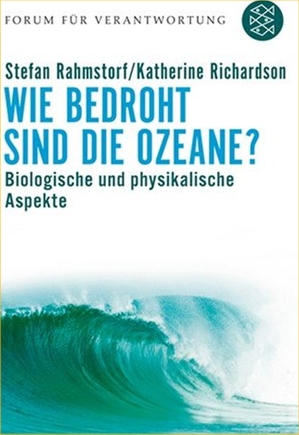Last week, in the Proceedings of the National Academy of Sciences we published a method for analysing record-breaking extreme events in climate time series, with applications to the global annual-mean temperature and to July temperatures in Moscow. Here we provide some supplementary information on this paper.
Regarding the application to Moscow, our key finding was "an approximate 80% probability that the 2010 July heat record would not have occurred without climate warming". As described in the paper, climate warming specifically refers to the slow time evolution of the local July temperature as described by a smooth non-linear trend line, which reveals a significant climatic warming over the last three decades. This trend curve is produced from the monthly July values for 1881-2009 as described in the Methods section of the paper and is made available for download here:
moscow_smooth.dat (this file contains two columns: year and temperature in ºC)
We also provide the matlab code with which our Monte Carlo simulations can easily be reproduced:
moscow_extremes.m (note that running this code requires the above data file as well as matlab)
By running this code it is found that the expected number of heat records in the last decade (2000-2009) is 0.41. Since in a stationary climate the expected number would be only 0.079, the probability that a record in that decade is due to the climatic change is found to be (0.41-0.079)/0.41, i.e. 81%.
A further discussion of the Moscow data used in the paper was published at Realclimate: The Moscow warming hole.
Also at Realclimate we discuss a tutorial example that helps to understand the statistics: On record-breaking extremes.













